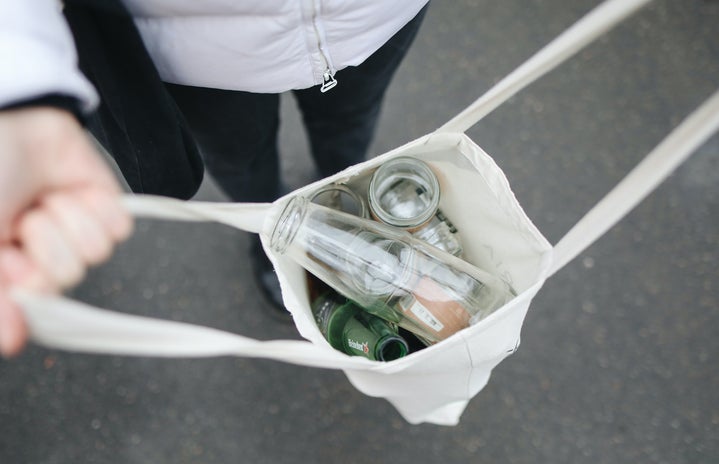It shouldn’t be just one day where we celebrate our Earth and demonstrate our support for environmental protection. Everyday we should be conscious of how our actions and lifestyles can impact the environment. There are several basic ways in which we can be ecological sustainable in our everyday life. From fashion, beauty, food, and transportation, we can practice sustainable living by starting small and making positive changes.
Fashion
With major fashion brands adopting eco-friendly materials into their clothes, there is much optimism for a shift to sustainability in the fashion world. However, with brands attaching buzzwords associated with sustainability in labels and packaging, the true meaning of these terminologies can often be vague or imprecise. So, to make shopping choices easier, there is an A-Z guide to Sustainable Fashion https://www.highsnobiety.com/p/sustainable-fashion-terms-glossary/ that can assist in navigating the right clothes.
Thrifting or shopping at vintage shops are another alternative to cut down on buying new attires. Thrifting helps prevent textile waste and is a great way to recycle clothes. If you are feeling creative, upcycling and customizing can turn old garments into one-of-a-kind, contemporary pieces.
Beauty
Several beauty brands are marketing responsible products. Similar to fashion brands, beauty companies are labeling their products as “organic” and “all-natural,” which can be a bit dubious since we do not actually know what their definition of these terms really mean. There can be a lot of misinterpretation and false claims that we have to watch out for.
Just because a cosmetic has “all-natural” ingredients, does not necessarily mean they are better for you to use. Some natural ingredients may have risks–even plant-derived substances are technically chemicals, which can be unsafe. Before purchasing, we recommend researching a company’s practices and ingredients to determine which matches your standards. Look out for cruelty-free or vegan-friendly products. Also, keep in mind the materials that go into creating the packaging of the products. We can take part in clean beauty while minimizing plastic and toxins in our beauty routine!
Food
With so much great food to eat, food sustainability may not cross our minds, especially since our decisions are based on convenience, taste, and expense. Having a better knowledge on food sustainability can allow us to realign our values on food and help us make eco-conscious decisions. For most people, it is difficult to completely change diets or cut down certain types of food such as meat. If going vegan or changing to a plant-based diet seems imaginable, eating as locally or seasonally as possible can make positive impacts. Grocery shopping at local farmers markets that sell organic and seasonal produce supports low-scale agriculture.
It is also not just about the food. Attempt to be close to zero-waste by eating out less or storing leftover food in reusable containers to reduce packaging. Or opt in shopping at zero-waste shops or farmers markets that provide recyclable packaging.
Transportation
Even changing our modes of transport can help reduce our carbon footprint. Transport accounts for almost one-fifth of global carbon dioxide emission. Carpooling or taking public transportation to go to school or work are practical ways to decrease carbon emissions and pollution. Walking or riding a bike to go to places that are short distances are also helpful (and healthy) practices.
Sustainable living should not be a burden. It is a practical philosophy that aims to minimize damages made from human activities and encourage positive changes. Even small steps can make a huge impact.



